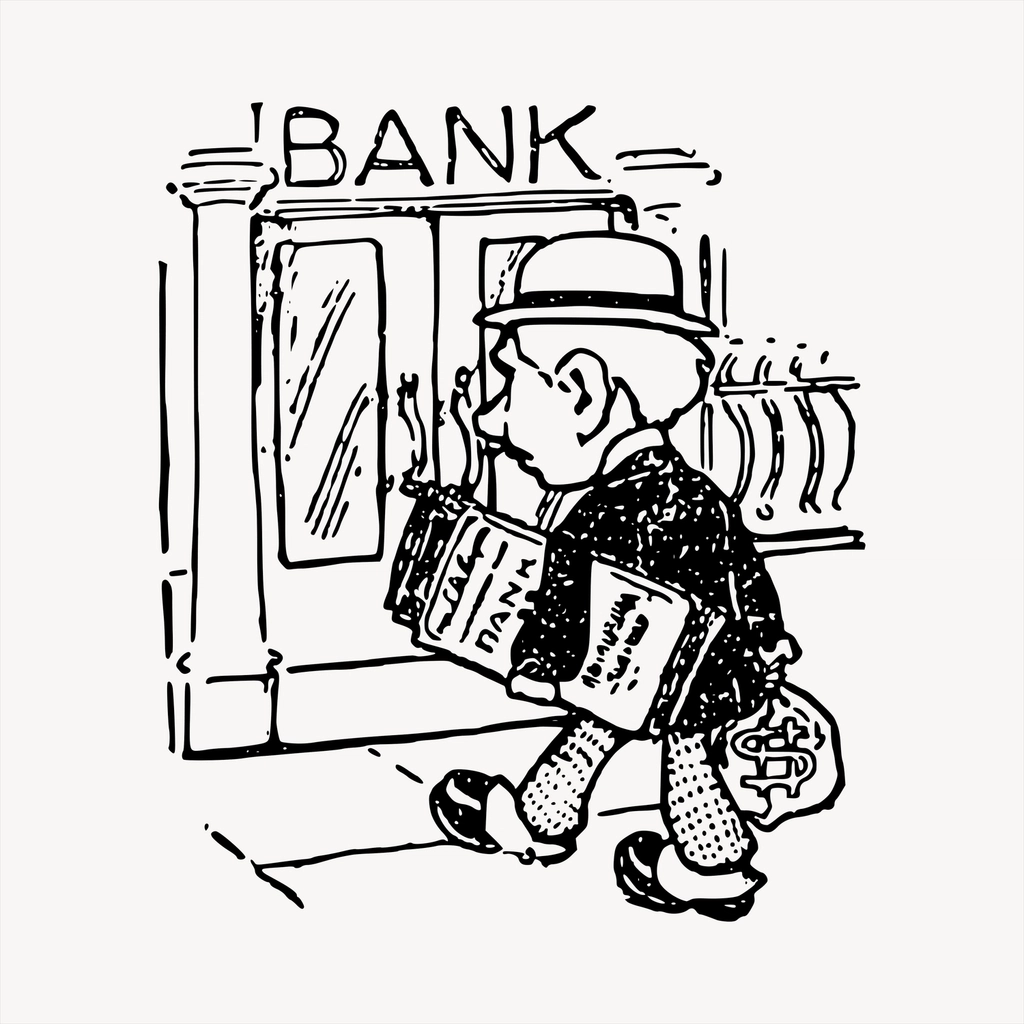This is how the world works in the West these days, economically speaking. A group of influential conservatives ushered in something called neoliberal economics back in the 1980s around the time of Thatcher and Reagan. Indeed, Ronald Reagan famously said, “government is not the solution but the problem,” or words to that effect. What was meant by this is an economic and government policy which reduced the involvement of government in how citizens and countries made money. The mantra was that business is more efficient than government in running operations and producing stuff, therefore, it should be unimpeded in getting on with the job of being profitable. What followed was a huge transfer of assets from the public to the private sector. Utilities like water and power companies were privatised. What had been shared state wealth was sold into private hands. This happened with national airlines, banks, telecommunication carriers, insurance companies and a plethora of large businesses once owned by governments and their citizens. Thus, we witnessed the rise and expansion of the oligarch class, many of the billionaires we see today benefitted from these neoliberal economic policies.
Economics In The West
Of course, when we the voters were presented with these plans we were assured of the savings we would make on our energy bills, phone charges, transport costs, financial transactions and other expenditures. Unfortunately, for us, in most cases these savings did not eventuate. What did happen was a select group of insiders got very rich from buying assets at what turned out to be a very modest level of investment. The promised efficiencies of privatisation saw job losses for workers but consumers were not the main beneficiary. Shareholders became the prime concern of these companies, with consumers and their workers well down the ladder of importance going forward. In many of these privatisation stories these new companies inherited duopolistic market shares, where competition was limited and, therefore, price setting enabled them to raise their prices to customers.

Neoliberalism How It Works
Neoliberalism has seen inequality sharply rise over the last 40 years. There have been a smaller group of winners, the CEOs and those who invested in these privatised corporations have in many instances made vast capital profits. But there have been plenty more losers across the board, with workers at a lot of these companies losing their jobs to offshore labour sources in countries where wages are much lower. The continuing financialization of every aspect of life has meant that private equity has gobbled up swathes of homes in real estate moves, farms are likewise heading into corporate hands, hospitals and healthcare have gone for profit, retail has been shaken up by this private equity invasion, and it seems that no realm is immune. In America, this fierce dog eat dog attitude to human wealth acquisition means that if you are not intensely competing you are dead meat. Higher education in the US is very expensive and the expectation of a college degree among employers means that most young folk end up with tens of thousands of dollars of interest bearing debt hanging over their heads. Happiness and inequality are not great bedfellows or sisters.
The extreme capitalism that exists in America is making life a shit show for many millions of people. Australia follows the US in many of these trends and inequality here has exploded over the last 15 years or so.

How Deregulation Favours The Rich
Deregulation is a favoured frontier to be pushed back by those in the neoliberal camp. The deregulation of the banks and financial institutions has seen a motza period for the big 4 banks downunder. The Commonwealth Bank’s shares are currently valued at:
134.97+0.20(+0.15%)
– (https://finance.yahoo.com/quote/CBA.AX/)
https://www.abc.net.au/news/2023-08-09/wednesday-finance-with-alan-kohler/102709880
Shareholders have been the big winners in the economy over the last decade or two. Consumers and workers the big losers, as the cost of living crisis meets the housing crisis to make living in Australia increasingly unaffordable for younger Australians and the working poor. Australia taxes income to the detriment of workers, whereas it leaves capital gains largely alone. This means poorer folk bear the brunt of paying taxes. Things like the Capital Gains Tax Discount (CGTD) and Negative Gearing (NG) allow rich folk to minimise their taxes. Former PM John Howard was a real estate agent before entering politics full time and it was he who made these changes to our tax system. These changes have resulted in a driving up of property prices, as people stash their wealth in these tax free boltholes. The economist and ABC presenter Alan Kohler has charted the effects of these tax changes on the Australian property market over the last couple of decades. It cost around 6 times an average yearly income to buy a house in Australia at the time Howard became PM and that has now risen to around 12 times in 2024. Millionaires were once though of as rich and now it costs around that much to buy an average house in Sydney. The banks have made a motza from people borrowing vast amounts of money to buy homes in Australia. Despite this a Royal Commission into the banks found them charging dead people bank fees long after they had died, laundering money in the tens of millions for all sorts of nefarious groups, and ripping off consumers via a variety of immoral and illegal practices.
Multi-billion dollar profits year after year are just not enough for the Big 4 banks downunder.

Aussie Property Market A Ponzi Scheme
The Australian property market has been described by a number of commentators as a Ponzi scheme.
“They’re [politicians] operating something I’ll describe in a very nice way as a Ponzi scheme. But it is actually worse than a Ponzi scheme. It’s a Ponzi scheme because there’s no economic utility in residential houses at this point in time because the yield generated from rent is way below anything to be able to generate a return. We, for years, have run a Ponzi scheme in this country because the politicians don’t really know how to grow the economy and really grow industry or do anything other than dig up raw materials out of the ground to ship overseas.”
People, generally, like to lay blame upon their leaders, but we get the kind of leaders we deserve in democracies. The horse called self-interest usually wins most races. Neoliberalism has seen a concerted shift in attitudes among Australians. The narratives have been more about individual wealth enhancement and the public good has been shelved as obsolete. At the same time, sensationalist media outlets run alarmist click bait campaigns about youth crime epidemics. State politicians, seizing on this, run on law and order in a bid to get votes, as if locking everybody up is any kind of real solution. Short termism, knee jerk stuff that will continue to fail to address the underlying problems. Politicians pandering to lazy thinking will only end up creating career criminals trained in our houses of corrections. Australian lives are centred around overly inflated house prices to the detriment of families. Of course, many Australians are negatively impacted by today’s economics full stop.
Robert Sudha Hamilton is the author of America Matters: Pre-apocalyptic Posts & Essays in the Shadow of Trump.
©HouseTherapy


